Results of the pilot test in the Netherlands

Results of the pilot test in the Netherlands The University of Groningen has finished the pilot phase of their lesson plan “Can AI harm us?” and “Is AI always ethical?”. The goal of the pilot phase was to answer the following three questions: What are the experiences of teachers in implementing the lesson plans in […]
Europe for Artificial Intelligence in Primary Education

Europe for Artificial Intelligence in Primary Education The Erasmus+ programme is co-funding a project called Generation AI. This project aims to teach the basics of Artificial Intelligence in primary education. It began in 2020 and, after a year and a half of development, the consortium offers schools a compendium of resources, activities, good practices and […]
School Programme for Primary Education Students – Cyprus Implementation
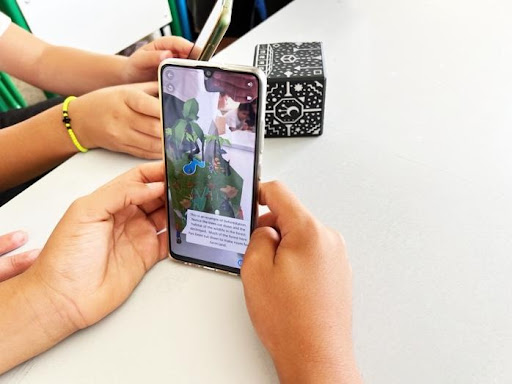
School Programme for Primary Education Students – Cyprus Implementation The final implementation of the course took place on Friday, May 13, 2022, Thursday, May 26, 2022, Friday, May 27, 2022, and Wednesday, June 8 2022. Teachers and students have evaluated the design, development and content of the course, and the key findings are presented in […]
Generation AI’s Open e-Learning Platform
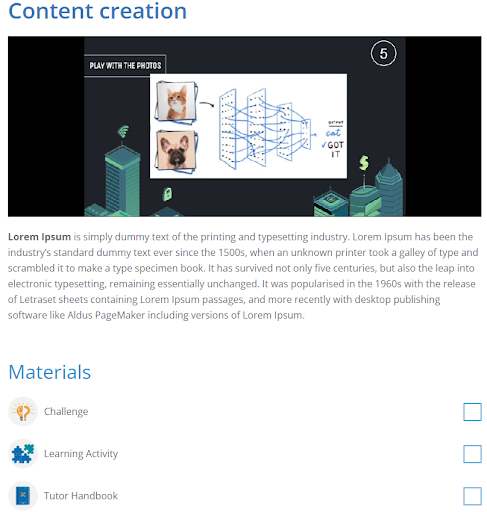
Generation AI’s Open e-Learning Platform Welcome to the Open e-Learning Platform on Artificial Intelligence for Primary Education. This e-learning space contains an ensemble of multilingual AI-STEM teaching and learning materials to support teachers and school students acquire digital skills and key competencies. The repository of Open Education Resources (OERs’) is co-designed to integrate AI-content within […]
Generation AI’s Doukas School pilot testing of the lesson plans
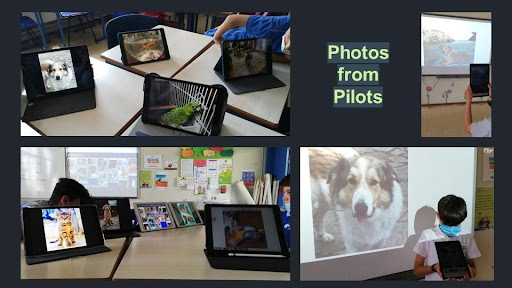
Generation AI’s Doukas School pilot testing of the lesson plans The Generation AI project strives to support young learners in developing a basic understanding of Artificial intelligence and in becoming responsible consumers of this modern technology. To reach this goal, the Generation AI consortium designed curriculum for primary schools in which significant issues and topics […]
Doukas School’s Generation AI Workshop
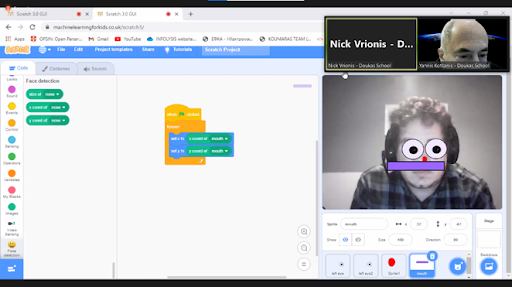
Doukas School’s Generation AI Workshop The workshop aims mainly to trigger primary school educators’ interest regarding the operational implications of AI techniques related to computational thinking The structure of the workshop contains the following three main units: Computational Thinking Skills Practices of AI Practices Coding-Programming using Machine Learning & AI Methods Especially Computational Thinking […]
Finalising IO3 – School Program for Primary Education Students

Finalising IO3 – School Program for Primary Education Students The third intelectual output of the Generation AI Project consists of a programme for primary education students designed to teach the basics of Artificial Intelligence. Each partner has been in charge of carrying out a part of the programme, divided into 5 blocks. This division has […]
AI Best practices – Some tools to use in your class

AI Best practices – Some tools to use in your class If you need some tools to use in class in order to integrate Artificial Intelligence in Primary Education, you can follow the following: Scratch: for programming videogames. A free programming language and online community where young people can create their own interactive stories, games, […]
Ready to pilot test the “responsible use” lesson plan

Ready to pilot test the “responsible use” lesson plan The University of Groningen is preparing the pilot phase of the lesson plan “Can AI harm us?” for the basic level and “is AI always ethical?” for the advanced level. The partners from the University of Groningen are collaborating with three teachers from two different schools […]
GENERATION AI – Cyprus Pilot Implementation
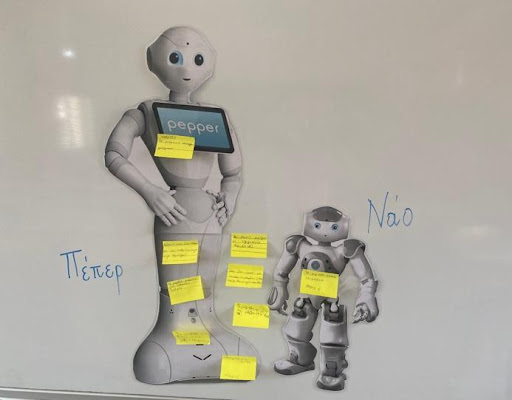
IO3. GENERATION AI School Programme for Primary Education Students – Cyprus Pilot Implementation The lesson course “Artificial Intelligence in Primary Education” consists of one (1) of the five (5) courses of the GEN-AI Programme. The lesson plans of the course introduce learners (ages 6 to 12) to the topic of “Problem-Solving” digital competence by investigating […]
